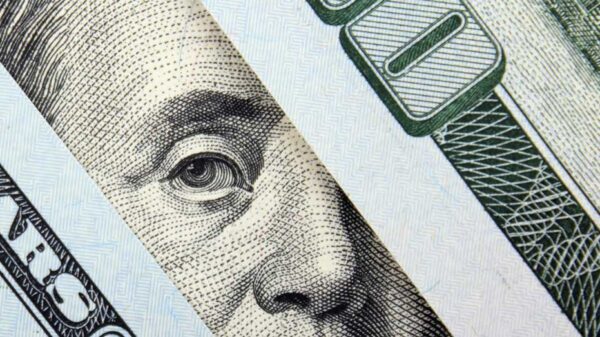Germany, Europe’s largest economy, experienced a contraction of 0.3% in 2023, according to the Federal Statistical Office of Germany. The decline in economic output was primarily attributed to high inflation and firm interest rates, which impacted growth throughout the year. This contraction aligns with the expectations of analysts, signaling the challenges faced by the German economy. Let’s delve into the factors that contributed to this decline and their implications.
Inflation and Financing Challenges
The overall economic development in Germany stagnated in 2023 due to the persisting crisis-ridden environment. Despite recent declines, prices remained high across all sectors of the economy. This elevated inflationary pressure, coupled with unfavorable financing conditions caused by rising interest rates, hindered economic expansion. Additionally, lower demand both domestically and internationally further exacerbated the contraction.
Manufacturing Sector and Energy Supply
The manufacturing sector, excluding construction, experienced a significant decline of 2% in 2023. This contraction was primarily driven by reduced production in the energy supply sector. The challenges faced by the energy industry, including the transition to renewable energy sources and supply chain disruptions, impacted overall manufacturing output. The decline in manufacturing had a substantial impact on the country’s economic performance.
Quarterly Performance and Technical Recession
The fourth quarter of 2023 recorded a similar 0.3% drop compared to the July-September period, indicating a lack of significant recovery during the year. However, it is worth noting that the German economy managed to avoid a technical recession. The third quarter saw stagnation, narrowly avoiding two consecutive quarters of GDP decline, which would have officially marked a recession. This suggests that while the economy faced significant challenges, it managed to maintain stability.
Budgetary Crisis and Borrowing Restrictions
Towards the end of 2023, the German economy encountered a deep budgetary crisis due to a constitutional court ruling on national borrowing restrictions. This ruling threatened a significant gap in the country’s 2024 spending plans, amounting to a 17 billion-euro deficit. The national debt brake, enshrined in Germany’s constitution, limits the federal deficit to 0.35% of GDP, excluding emergencies. The suspension of this limit on borrowing was agreed upon by the German government to address the crisis.
Future Outlook and Policy Measures
To address the economic challenges and ensure financial stability, the German government implemented various measures. Negotiations resulted in a budget deal that retained debt restrictions into 2024. The government plans to save 17 billion euros in its core budget by ending climate-damaging subsidies and implementing cost-cutting measures. These actions aim to restore fiscal discipline and support sustainable economic growth in the coming years.









